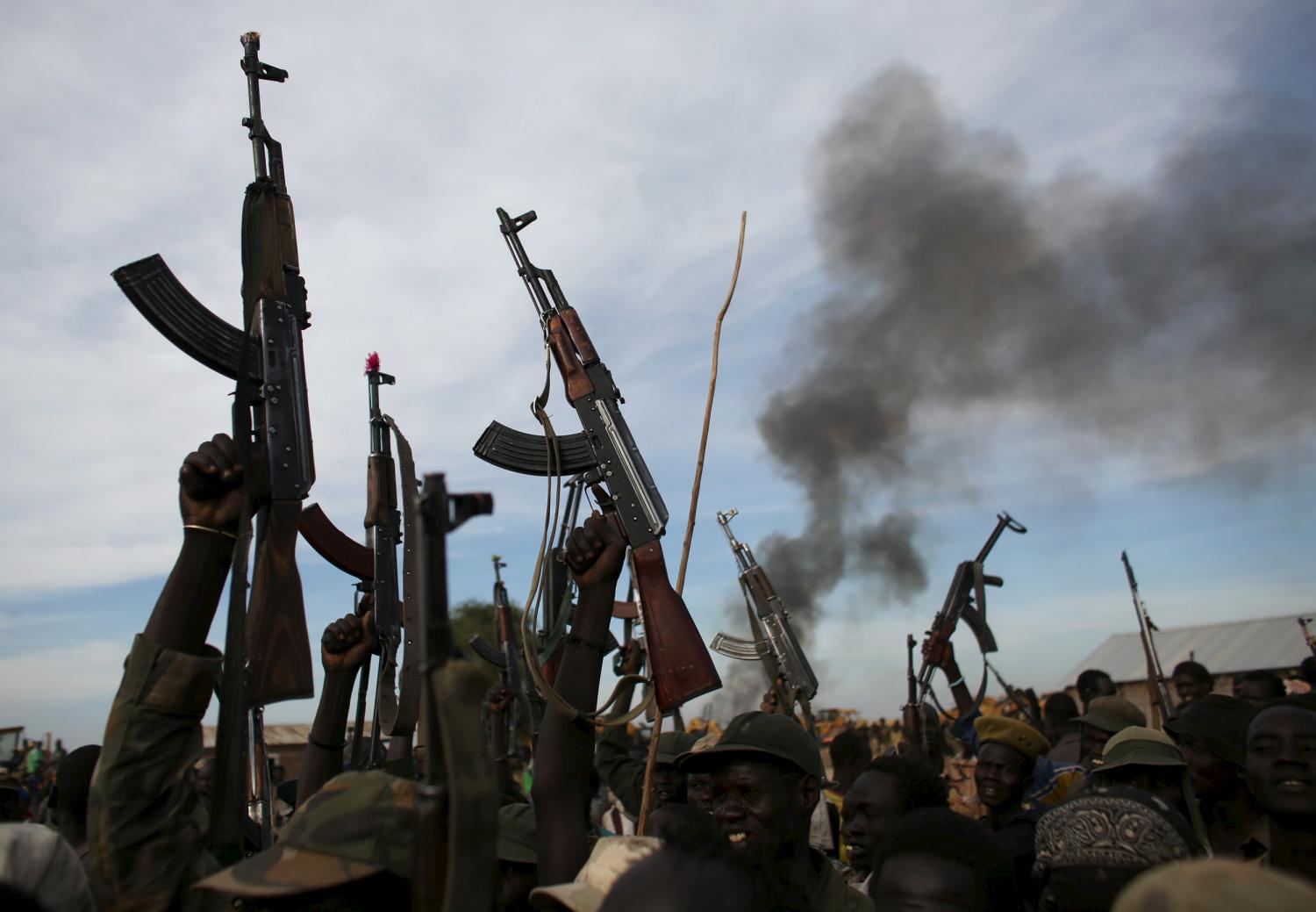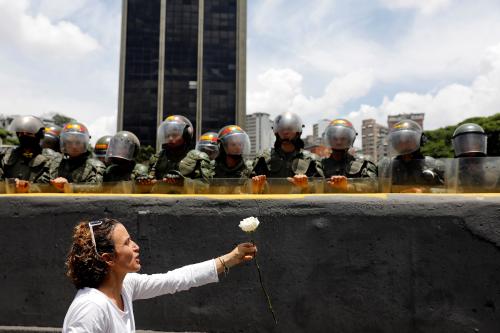This policy brief is part of a series of papers on democracy, security, and violent extremism prepared for the Community of Democracies’ Democracy and Security Dialogue. The project seeks to foster greater collaboration among democratic governments, donors, civil society, and academics to improve security outcomes and create a more conducive environment for the strengthening of democracy around the world.
SUMMARY
Countries with strong records of respect for democracy and human rights are far less likely to experience civil wars than hybrid regimes. Although intra-state conflicts have become an increasing share of all armed conflict, these wars are more likely to take place in countries with weak or failed governing institutions. Countries with inclusive political processes, on the other hand, offer potential rebels opportunities to resolve their grievances within the political system and raise the costs of rebellion, thereby removing a key incentive for pursuing armed conflict. Nonviolent political action campaigns also tend to improve prospects for democratization if armed conflict does occur.
To lower the risk of internal armed conflict, domestic and international actors should focus on strengthening democratic institutions and respect for human rights and bringing marginalized groups and actors into a legitimate political process. In post-conflict settings, however, inclusive political processes and competitive elections can lead to instability in the short term; priority should be placed, therefore, on power-sharing or other transitional arrangements to promote stability in the short term, while inclusive democratic institutions take root.
*This brief was written with invaluable assistance from Julian Duggan, Anton Wideroth, Jesse Kornbluth, and Bridget Bruggeman and with expert feedback from Christopher Meserole, Maciej Bartkowski, and researchers at the Institute for Security Studies, as well as members of the Community of Democracies Governing Council and Civil Society Pillar.
The Brookings Institution is committed to quality, independence, and impact.
We are supported by a diverse array of funders. In line with our values and policies, each Brookings publication represents the sole views of its author(s).





